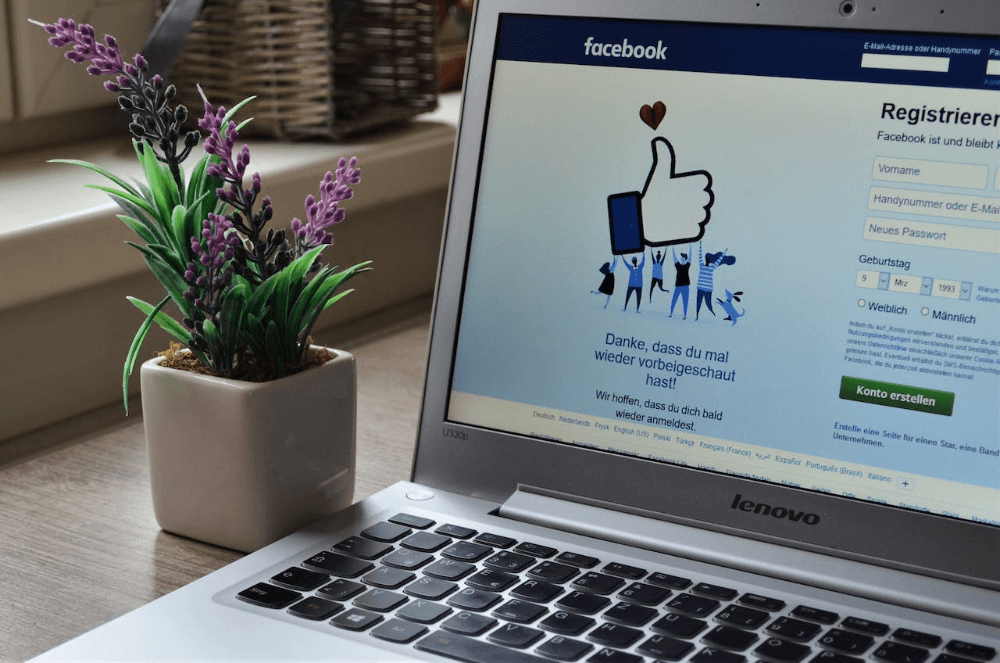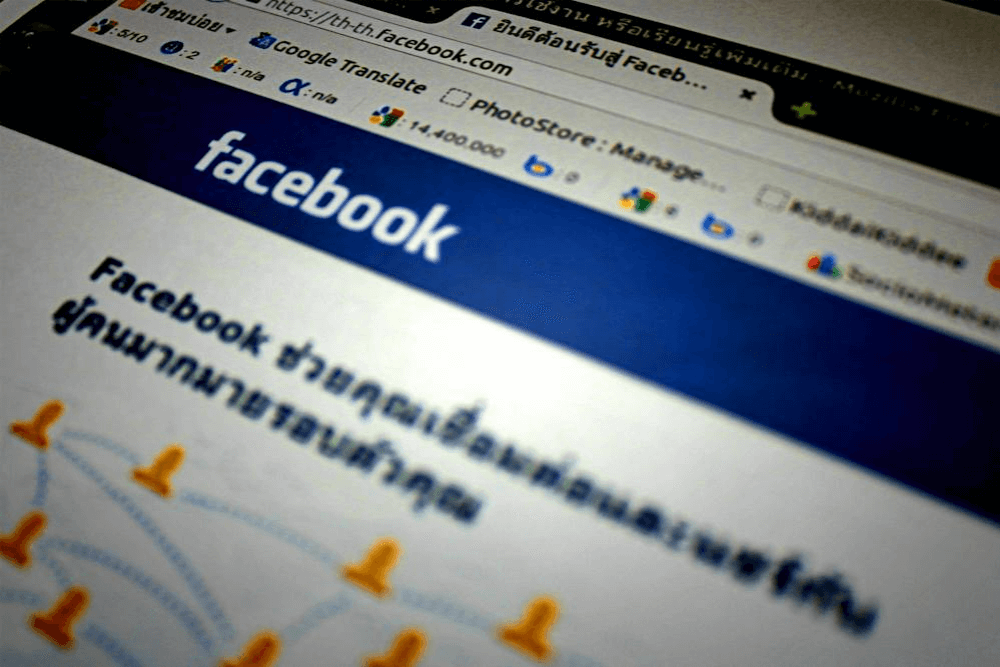📑Table of Contents:
The line between public and private life blurs in our increasingly connected world, especially on social platforms like Facebook. While it’s a great tool for staying in touch, it can expose you to risks if not managed carefully. Here’s a rundown of 12 things you should delete from your Facebook account to safeguard your privacy and security.

Why It Matters
- Privacy Risks: Unmanaged profiles can expose sensitive information to unwanted parties, increasing vulnerability to identity theft and scams.
- Employment Consequences: Potential employers often review social media, and inappropriate content can negatively impact job opportunities.
- Personal Safety: Location data and routine posts can inadvertently expose your whereabouts, posing safety risks.
- Reputation Damage: Old or controversial posts can harm personal and professional reputations if viewed out of context.
- Relationship Strains: Past comments or shared content can cause misunderstandings or conflicts with friends and family.
- Legal Issues: Certain posts could lead to legal repercussions if they contain libelous or copyrighted material.
- Psychological Impact: Cluttered social feeds and outdated connections can contribute to social media fatigue and anxiety.
- Marketing Manipulation: Excessive personal data can lead to targeted ads and spam, manipulating purchasing behaviors and invading privacy.
12 Things You Should Delete
1. Date of Birth
Your birth date is a key identifier that, along with your name and address, can potentially be used by banks and other institutions to verify your identity. Removing it from Facebook prevents identity thieves from assembling your personal information.
2. Phone Number
A phone number on your profile is a direct line to you, which not only invites spam calls but also opens the door to more serious risks like stalking or harassment. Protect your personal space by keeping your number off social platforms.
3. Excess Friends
Social media scientists suggest we can only maintain about 150 stable relationships. Scrutinize your friends list; if there are acquaintances or old contacts you no longer interact with, consider cutting those ties to ensure your feed and your personal information are shared only with people you truly connect with.
4. Children’s Photos
In the age of digital permanence, consider the future implications of the photos you share today. Children grow up and may not appreciate having their entire childhoods documented and publicly accessible on the Internet. It’s wise to limit sharing of such personal content.
5. Children’s School Details
Disclosing your children’s school location can put their safety at risk by making it easy for malicious individuals to find them. Always keep location details vague to protect your family’s day-to-day security.
6. Your Location
Check-ins and location tags can reveal your current or frequent locations, such as your home, workplace, or places you regularly visit. This information makes it easy for anyone to track your movements, which could lead to physical safety concerns.
The Other Six Things
7. Work Relationships
Adding your manager or supervisors as friends on Facebook might blur the lines between your professional and personal lives. It’s healthier to maintain separation, ensuring that your activities and posts are not visible to your superiors.
8. Self-Tagging at Locations
Regularly tagging your location, especially in personal spaces like your home, gives away precise details about where you live. Keeping such information private helps maintain your security and prevents potential threats.
9. Vacation Plans
Posting about your future vacation may sound exciting, but it also tells potential burglars when you’ll be away from home. It’s best to share holiday experiences after you’re safely back.
10. Relationship Status
While sharing your relationship status can be a way to celebrate love, remember the internet remembers forever. Changes in relationships can be difficult, and having to update your status on Facebook can add a layer of stress or embarrassment.
11. Financial Details
Sharing financial information, even indirectly through pictures of luxury purchases, can lead to targeted phishing attacks or financial theft. Always keep such sensitive details off social platforms.
12. Plane Tickets
Photos of your boarding passes or plane tickets can expose sensitive personal data such as your full name, booking reference, and other travel details. This information could be misused to alter or cancel bookings or even for identity theft.

Conclusion
Cleaning up your Facebook account doesn’t just tidy your digital footprint; it enhances your privacy and security. Regularly review what you share and consider whether it aligns with how you want to present yourself online and who needs access to this information. By being mindful of what you post, you can enjoy social media without unnecessary exposure to risks. So, if you are a Facebook user, these are the things you should delete from your Facebook account,





